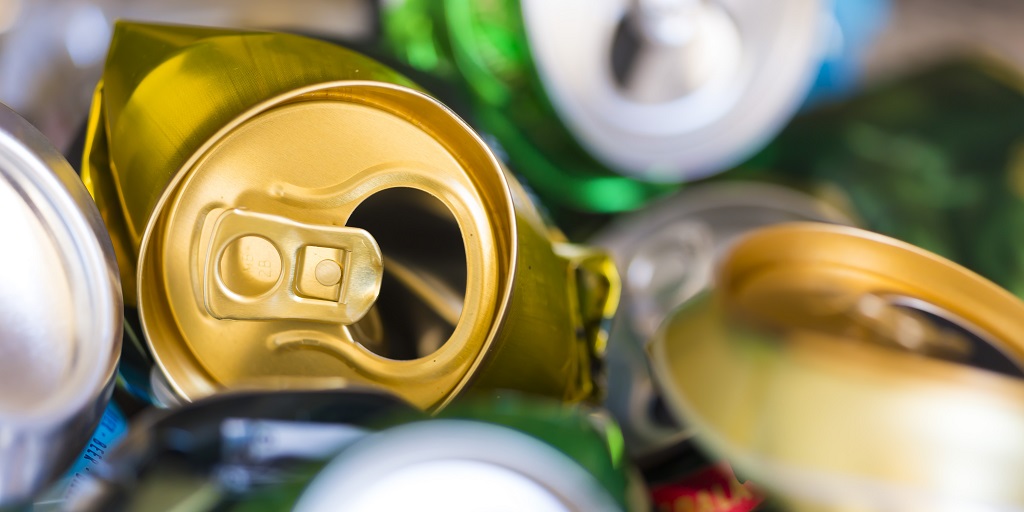
ACT and NSW lower CDS supplier costs

The NSW and ACT Container Deposit Schemes have changed supplier contributions in the wake of COVID and in efforts to bring continuity to disparate schemes.
Exchange for Change, which runs schemes in both ACT and NSW, has announced new pricing in both states, effective for six months from February 2022.
In NSW, where drinks suppliers pay a fixed price per material type, the price of glass bottles will be lowered from 13.49 cents to 11.57 cents from February 2022.
Aluminium can prices will be lowered from 13.91 cents to 11.70, all excluding GST.
CEO of Exchange for Change Danielle Smalley said the changes were driven by the impact of COVID-19 and temporary closure of returns points in Greater Sydney over the last few months which led to a drop in redemptions.
“However, it is important to note that we are seeing strong return volumes since the re-opening and we expect a return to normal return rates during the next pricing period,” Smalley said in a statement.
In the Australian Capital Territory, Exchange for Change is moving to longer-term fixed pricing and the new weighted average price for containers will be 12.23 cents, excluding GST.
Glass containers will be priced at 13.72 cents whilst aluminium cans will be priced at 14.23 cents from February to July 2022.
The scheme in the state has previously worked out pricing month-to-month based on its payments and contribution methodology, but the new changes will bring it in line with other container deposit schemes.
“We know from consultation with the beverage industry and individual suppliers that month-to-month pricing and the fluctuations experienced in the ACT can be challenging,” according to Smalley.
“Many beverage suppliers are contributing to multiple schemes across the country and we are constantly looking for opportunities to make it easier for suppliers by creating greater alignment between schemes.”
Container deposit schemes across Australia have faced challenges not only in the setup phases but also in terms of ensuring continuity between other states, data breaches and delays due to COVID.



